At Mold Services San Diego, we provide professional mold testing and mold inspection services for residential and commercial clients.

At Mold Services San Diego, we provide professional mold testing and mold inspection services for residential and commercial clients.

San Diego’s Most Experienced Mold Specialists!
Mold Services
San Diego County Mold Inspection and Testing Services
Mold, present both outdoors and within San Diego homes and businesses, consists of minuscule organisms aiding in organic matter decomposition, enriching the environment with nutrients. As they proliferate, they release airborne spores, leading to illnesses in humans and animals. Additionally, they contribute to subpar indoor air quality and what's termed as "sick building syndrome." Our services encompass inspections and mold testing, delivering valuable insights to ensure your peace of mind and well-being.
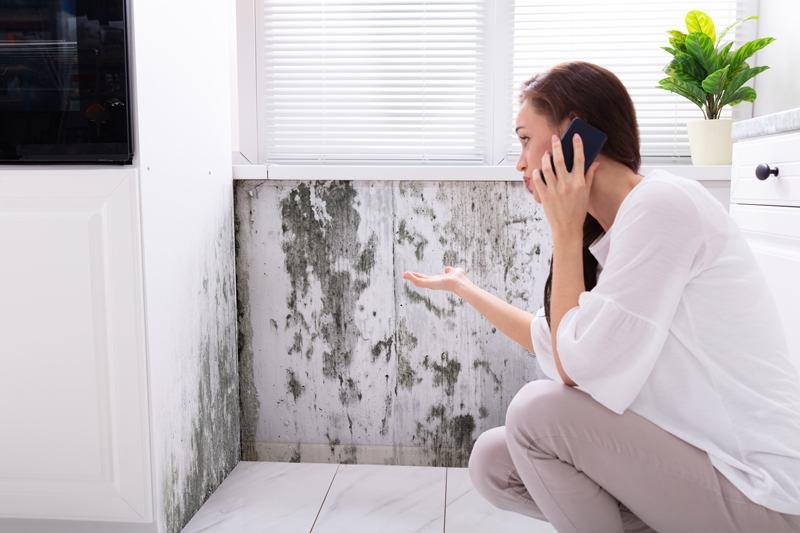
What Is a Mold Inspection?

When Should I Schedule a Mold Inspection?
If your home or business has encountered scenarios like a burst pipe, sewage backup, or flooding, we strongly advise undergoing a mold inspection. Similarly, after experiencing a roof leak or any structural impairment, a mold inspection is prudent. Unoccupied San Diego properties might accumulate humidity, fostering mold growth, warranting an inspection. Additionally, before purchasing, selling, renting, or leasing a home or building, a thorough mold inspection is recommended. Should you observe recurring musty odors or detect window condensation, scheduling a mold inspection is a proactive step.

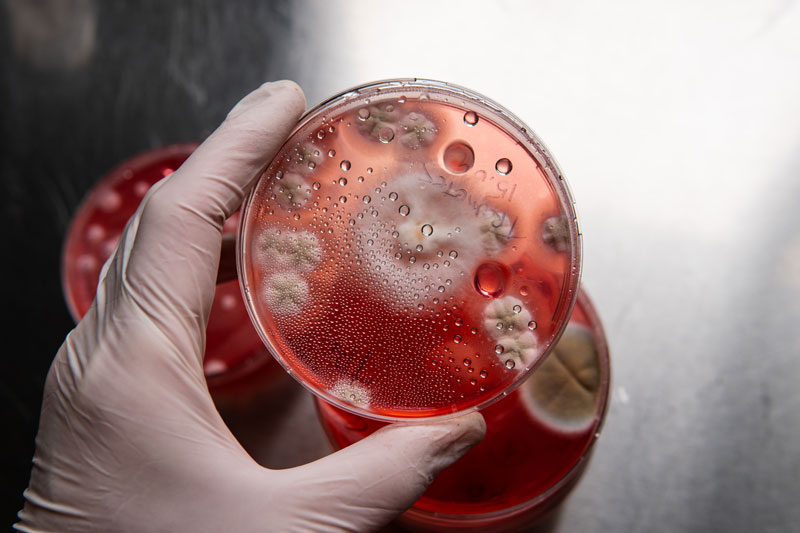
How Does Mold Testing Work?
Mold testing encompasses gathering samples from various areas within a home or business suspected of harboring mold growth. Using sterile swabs, we collect surface samples where mold is visible or suspected.
Air samples are obtained through spore traps equipped with adhesive surfaces. As air circulates through the home or building, spores adhere to these surfaces for analysis.
Identification of the trapped spores is conducted to determine their types. Additionally, material samples from the property, such as a section of drywall, might be obtained for mold spore testing purposes.
What Are the Dangers of Mold Exposure?
Mold exposure can trigger allergy symptoms like itchy eyes, a runny nose, congestion, headaches, and sore throat. Continued exposure or contact with toxic molds like Aspergillus or Stachybotrus may lead to severe conditions like hypersensitivity pneumonitis or lung infections. Those most vulnerable include infants, the elderly, and people with chronic respiratory issues.
Mold poses a serious threat to your health and property. Our inspections and testing services detect mold species present in your home or business. Upon identification, our experts provide guidance on necessary actions. Contact us today for information on mold inspections and black mold testing in San Diego. Your safety matters.
What Are the Dangers of Mold Exposure?
Mold testing is vital for ensuring a safe, healthy environment at home or work. Mold exposure can exacerbate allergies and asthma and lead to chronic illness. Even those typically healthy might suffer severe health effects from frequent mold exposure. While we don’t handle remediation, our black mold testing equips you with essential information to select a specialized contractor for mold remediation in San Diego, aligning with professional standards. Your safety and well-being matter most.
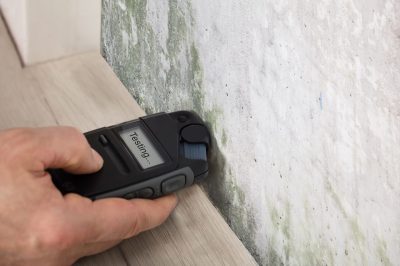
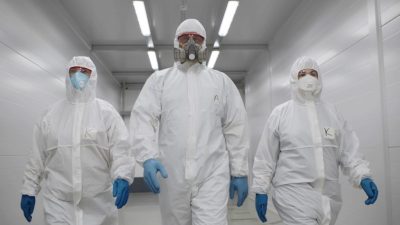
Team Member
Our team consists of certified professionals with years of experience
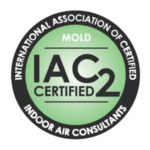
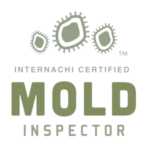
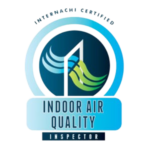
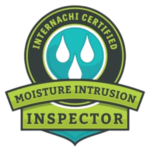
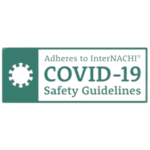
Testimonials
What Says Our Happy Clients About us
We value the experimentation, the reformation of the message, and the smart incentives. We offer a variety of services and solutions Worldwide and this is at the heart of how we approach our.
- List Item #1
- List Item #1
- List Item #1
- List Item #1
- List Item #1
Mold Services San Diego performed admirably for us. They are trustworthy and provide complete service. I would certainly recommend this restoration company to anyone who needs high-quality work.

Ethel Norman
- List Item #1
- List Item #1
- List Item #1
- List Item #1
- List Item #1
The guys who came out to my house were incredibly helpful, quick, and thorough. The gentleman who came by to pick up the equipment was also very polite and that overall experience was great.

Linda Cooper
- List Item #1
- List Item #1
- List Item #1
- List Item #1
- List Item #1
Mold Services San Diego is a great company. Their technician was timely and professional. They did a wonderful job and everything was clean when they left. Their pricing was competitive with no hidden cost.

